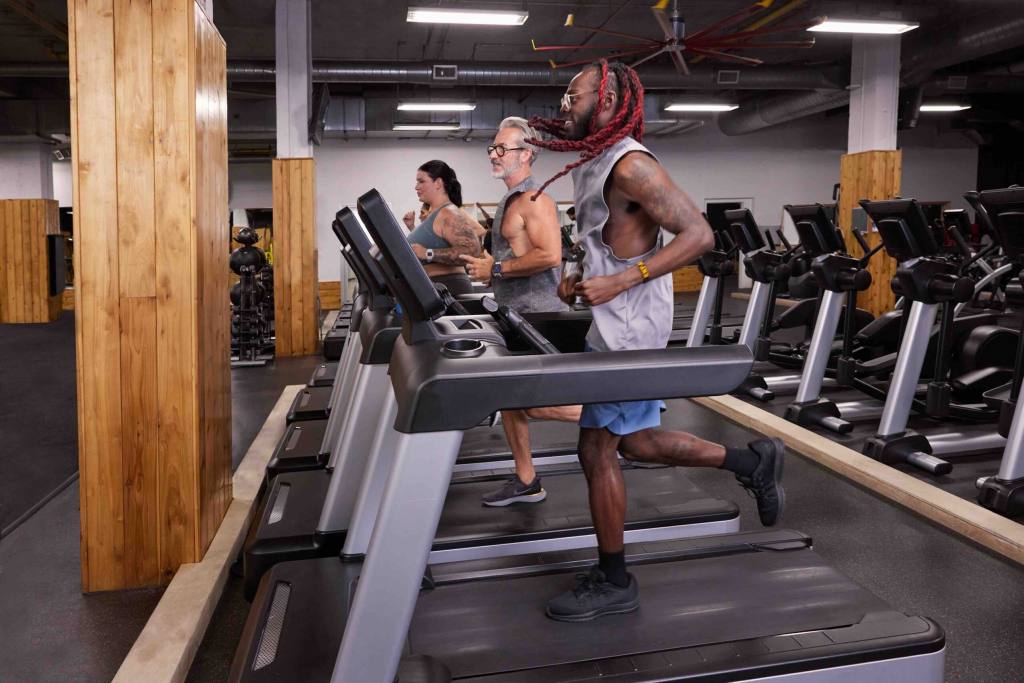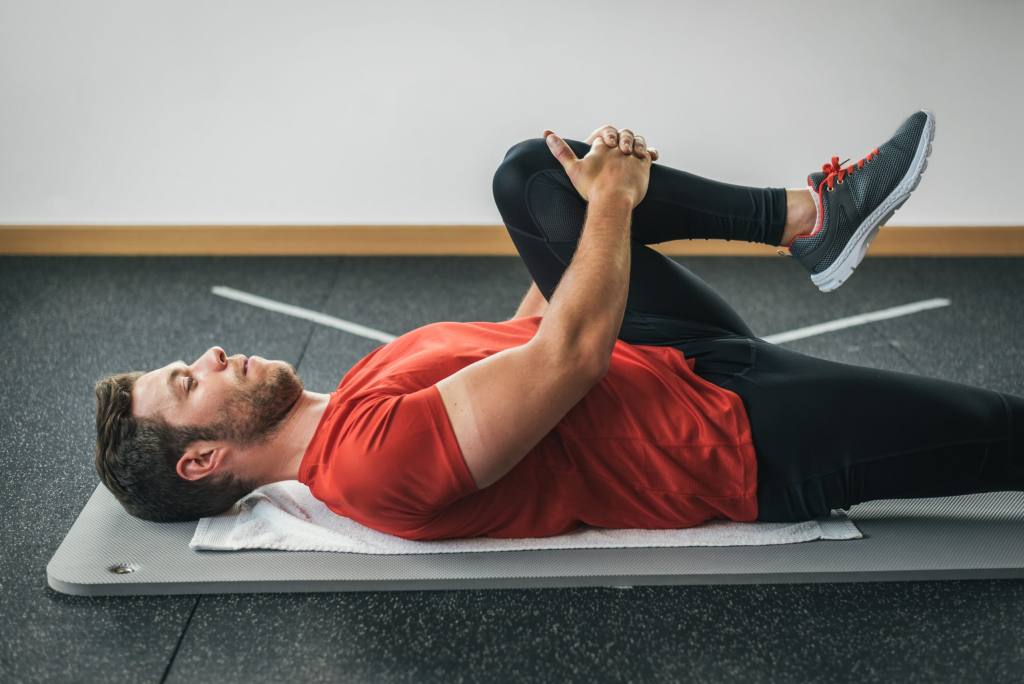Beginner’s Guide to Starting a Fitness Routine

Starting a fitness routine can be a daunting task, especially for beginners. With so much information available, it’s easy to feel overwhelmed. However, embarking on a fitness journey is one of the best decisions you can make for your health and well-being. This beginner’s guide will provide you with practical steps and tips to help you start and maintain a successful fitness routine.
Understanding Your Why
Before you start any fitness routine, it’s essential to understand your motivation. Ask yourself why you want to get fit. Is it to improve your health, lose weight, gain muscle, or simply feel better? Having a clear understanding of your goals will help you stay committed and focused on your journey.
Setting Realistic Goals
One of the biggest mistakes beginners make is setting unrealistic goals. Start small and be realistic about what you can achieve. Instead of aiming to lose 20 pounds in a month, set a goal to lose 1-2 pounds per week. Break down your long-term goals into smaller, manageable milestones. This approach will keep you motivated and prevent burnout.
Choosing the Right Type of Exercise
There are various types of exercises you can include in your fitness routine, such as:
- Cardio: Activities like walking, running, cycling, and swimming help improve cardiovascular health.
- Strength Training: Lifting weights or using resistance bands can help build muscle and increase metabolism.
- Flexibility and Balance: Yoga and Pilates improve flexibility, balance, and overall body coordination.
- High-Intensity Interval Training (HIIT): Short bursts of intense activity followed by rest periods can boost metabolism and burn calories efficiently.
Choose activities you enjoy to increase the likelihood of sticking with your routine. If you’re unsure, try different types of exercises to find what you like best.
Creating a Schedule
Consistency is key to a successful fitness routine. Create a schedule that fits your lifestyle and stick to it. Start with 3-4 days a week and gradually increase the frequency as you build endurance. Make your workouts a priority by treating them like important appointments that cannot be missed.

Warm-Up and Cool Down
Warming up before exercising and cooling down afterward are crucial steps that many beginners overlook. A proper warm-up increases blood flow to your muscles and prepares your body for exercise, reducing the risk of injury. A cool-down helps your body recover and reduces muscle soreness. Spend 5-10 minutes on each, focusing on gentle cardio and stretching exercises.
Listening to Your Body
It’s essential to listen to your body and avoid overexertion, especially when starting. Pushing yourself too hard can lead to injuries and setbacks. Pay attention to any pain or discomfort and adjust your routine accordingly. Remember, it’s okay to rest and recover.
Staying Hydrated and Eating Well
Hydration and nutrition play vital roles in your fitness journey. Drink plenty of water before, during, and after workouts to stay hydrated. Proper nutrition fuels your body and aids in recovery. Focus on a balanced diet rich in whole foods, including lean proteins, complex carbohydrates, healthy fats, and plenty of fruits and vegetables.
Tracking Your Progress
Keeping track of your progress is an excellent way to stay motivated. Use a journal, an app, or take progress photos to monitor your improvements. Celebrate your achievements, no matter how small, and use them as motivation to keep going.
Seeking Professional Help
If you’re unsure where to start or how to progress, consider seeking help from a fitness professional. Personal trainers can provide personalized workout plans, ensure you’re using proper form, and offer motivation and accountability. Many gyms offer free or discounted sessions for beginners.
Staying Motivated
Staying motivated can be challenging, especially when progress seems slow. Here are some tips to keep you motivated:
- Find a Workout Buddy: Exercising with a friend can make workouts more enjoyable and provide accountability.
- Join a Class: Group fitness classes can be motivating and introduce you to new exercises.
- Set New Challenges: Constantly challenge yourself with new goals or activities to prevent boredom.
- Reward Yourself: Treat yourself to something special when you reach a milestone, whether it’s new workout gear or a relaxing day off.
Conclusion
Starting a fitness routine is a significant step toward a healthier, happier life. By setting realistic goals, choosing activities you enjoy, and staying consistent, you’ll build a strong foundation for long-term success. Remember, the journey is just as important as the destination, so enjoy the process and celebrate your progress along the way.


